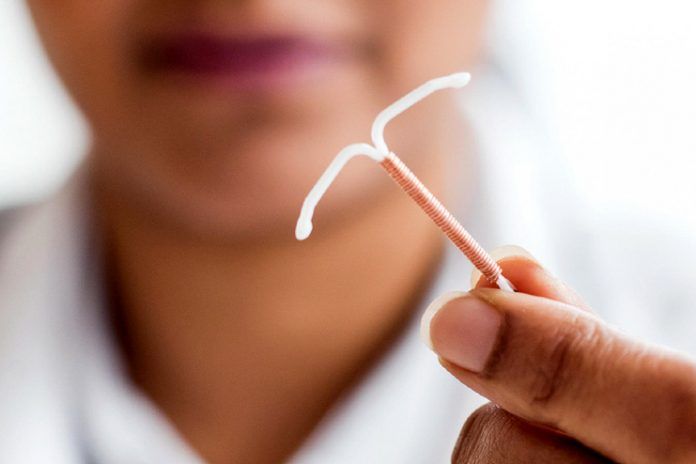Affiliate Disclaimer
Some links in this article are affiliate links. We may earn a small commission if you make a purchase through these links, at no extra cost to you. We only recommend products we find useful to our readersIUD, also known as Intra-Uterine devices are often a very handy dandy method of preventing the risks of pregnancy. But will you even stir your thoughts if it was mentioned that these devices can actually be a potent protector and preventive method against the cervical cancer that several women suffer from?
A new study (R) collaboratively conducted by the researchers from the Keck School of Medicine and University of Southern California suggest that the intrauterine devices can actually be more than just mere devices for contraception. These devices are believed to have profound impacts on providing protection from the risks of cervical cancer too. This study has actually found the association between IUDs with the dramatic decrease in the incidence of cervical cancer.
This study is more of a systematic review that puts several studies and reports on IUDs and cervical cancer into perspective. This salient analysis was done on the basis of over 16 different observational studies and with a count exceeding 12,000 involved subjects in the process. The researchers found and concluded that the women who used IUD had a third lower risk of developing cervical cancer.
Victoria Cortessis, PhD, associate professor of clinical preventive medicine at the Keck School and the lead author of the study stated saying that the patterns of the findings were definitely quite astonishing given the fact that the results from this study were a breakthrough. The potential factor and possibility that a women is securing herself from the grasp of something as hazardous as cervical cancer was definitely a win.
Steering clear off of a global health crisis
While many people tend to not understand the severity of it, the rate of genital cancer in women, especially cervical cancer is on the constant rise. If statistics are anything to go by, more than 528,000 women worldwide were reported with cervical cancer in the year of 2012 which have progressively increased with the passing years. Given the fact that the WHO estimates a total toll of over 700,000 deaths of women suffering from cervical cancer by the end of 2035, this study was definitely a breakthrough.
Cortessis further explains stating that the rising problem is majorly hitting and affecting the women from the developing countries where the resources are scarce. The necessary resources for cure like the human papillomavirus, vaccines or even the various kinds of cervical screenings are not predominant in the developing countries. With this form of contraceptive being an effective preventive measure for the risks of cervical cancer, the impacts are actually quite beneficial and positive.
She further emphasises stating that there is a staggering number of women in the various developing countries around the world who face daily risks of developing this issue, primarily between the age of 30 to 60. While the rate of the development of cervical cancer cases are actually steady around, there are chances that IUDs could be the tools that put a staggering halt to this possible epidemic.
Should doctors recommend IUDs for protection against cervical cancer?
This is the main point of concern. While the mention of IUDs as a possible preventive measure for cervical cancer is definitely a breakthrough to behold, the question is should the gynaecologists even recommend this mode of treatment NOW?
The lead author of the study answers the question as “Not Now”. It is beneficial to trace the reason behind the protective measure of the IUDs. That is the next logical step that the authors are currently focusing on. While many researchers believed that it is the placement of the IUD in the cervix that evicts an immune response in there that helps fight off any form of existing human papillomavirus infection in the area.
Another possible mechanism of action, as suggested by the researchers is the fact that the same could be when the IUD is removed, it scrapes off any kind of cervical cells containing the dangerous virus that inflicts the life altering implications.
Responding to everything, the co-author of the study, Laila Muderspach, MD, chair of obstetrics and gynecology at the Keck School, stated that if they can establish a correlation between the immune response against the HPV infection in the clinical trial. The results for their study is not just expected to impose amazing potential, it is also expected to be very exciting to create a breakthrough in the field of treatment of cervical cancer.
In this Article






















